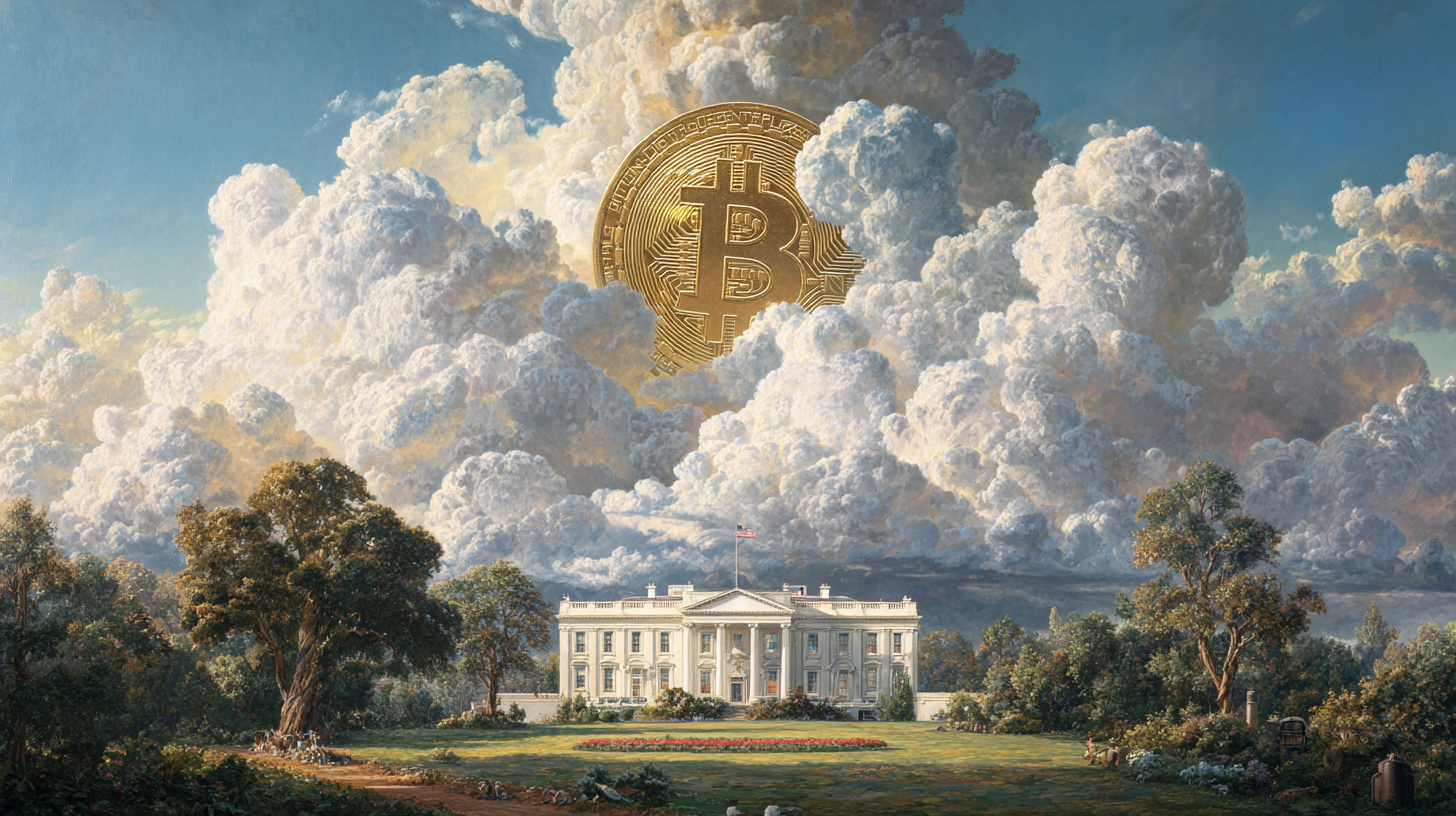
President Donald Trump has signed an executive order instructing the U.S. Department of Labor to reevaluate guidance on 401(k) retirement plans, aiming to permit the inclusion of Bitcoin and other alternative assets.
JUST IN: 🇺🇸 President Trump signs executive order allowing #Bitcoin investments in 401(k) retirement plans. pic.twitter.com/A14PIKg1Oo
— BTC Times (@BTCTimescom) August 7, 2025
The order also calls for coordination with the Treasury Department, the Securities and Exchange Commission (SEC), and other regulators to ensure consistent treatment of these investments across agencies.
The order revives a policy introduced during Trump’s first term and reverses regulatory guidance issued in subsequent years.
According to the text, the goal is to “democratize access” to alternative assets that have historically been available primarily to wealthy individuals and public pension participants, but largely inaccessible to most Americans saving for retirement through defined-contribution plans.
The directive tasks the Labor Department with revisiting its current stance under the Employee Retirement Income Security Act (ERISA).
Specifically, the Department is instructed to:
- Reexamine its prior guidance regarding fiduciary responsibilities in relation to investment options involving alternative assets.
- Consider rescinding a 2021 statement that discouraged the use of private equity in 401(k) plans.
- Develop proposed rules or guidance to clarify how fiduciaries can evaluate and offer investment options involving digital assets, real estate, private equity, infrastructure, and other non-traditional investments.
- Explore the use of “appropriately calibrated safe harbors” for fiduciaries and identify steps to reduce litigation risk related to ERISA compliance.
The executive order defines “alternative assets” broadly to include:
- Private market investments,
- Real estate holdings,
- Digital asset-focused investment vehicles,
- Commodities,
- Infrastructure financing projects,
- Lifetime income strategies, such as longevity risk-sharing pools.
The SEC is also directed to consider regulatory changes that could broaden access to alternative investments, including possible updates to rules on accredited investor and qualified purchaser status.
As of the first quarter of 2025, 401(k) plans held approximately $8.7 trillion in assets, according to the Investment Company Institute.
The executive order argues that current regulatory constraints have prevented participants in these plans from accessing the same diversification and return opportunities available to institutional investors.
The order is part of a broader policy initiative from the Trump administration aimed at expanding access to digital and alternative assets.
In July, the administration also signed the GENIUS Act, which created a legal framework for stablecoins.
Investor interest in Bitcoin-related exchange-traded funds (ETFs) has also grown.
Products such as BlackRock’s iShares Bitcoin Trust (IBIT) have seen increased inflows amid a broader shift toward regulated access to digital assets.
Fidelity began offering Bitcoin in 401(k) plans in 2022, but employer adoption has been limited.
With the new order, regulators are now expected to issue updated guidance that could pave the way for broader adoption of Bitcoin and alternative assets in retirement plans.

